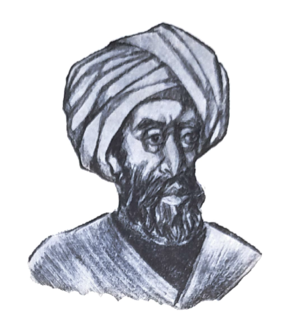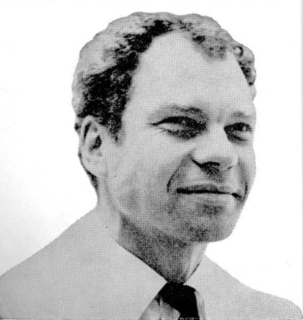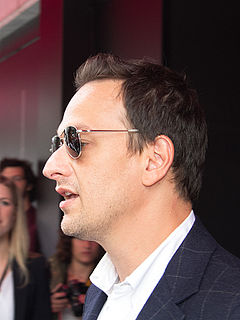A Quote by Warren G. Bennis
A passion for continual learning, a refined, discerning ear for the moral and ethical consequences of their actions, and an understanding of the purposes of work and human organisations
Quote Topics
Related Quotes
It cannot be said too often that actions are good or bad in the light of consequences, and that a clear perception of consequences would control actions. That which increases the sum of human happiness is moral; and that which diminishes the sum of human happiness is immoral. . . . Blind, unreasoning obedience is the enemy of morality.
All media work us over completely. They are so pervasive in their personal, political, economic, aesthetic, psychological, moral, ethical, and social consequences that they leave no part of us untouched, unaffected, unaltered. The medium is the message. Any understanding of social and cultural change is impossible without a knowledge of the way media work as environments. All media are extensions of some human faculty - psychic or physical.
I'm trying to understand how do we tell lies to ourselves to justify what we've done and what are the consequences of those lies? But actually maybe I also recognize that in turning empathy into a practice for many years, by turning, by forcing myself to separate at some level the humanity of a human being from his or her actions and recognizing that sometimes, even the moral aspects of a human being can contribute to immoral behavior.
At the core, there is one simple, overarching reason why so many people remain unsatisfied in their work and why most organisations fail to draw out the greatest talent, ingenuity, and creativity of their people and never become truly great, enduring organisations. It stems from an incomplete paradigm of who we are - our fundamental view of human nature. The fundamental reality is, human beings are not things needing to be motivated and controlled; they are four-dimensional - body, mind, heart, and spirit.



































